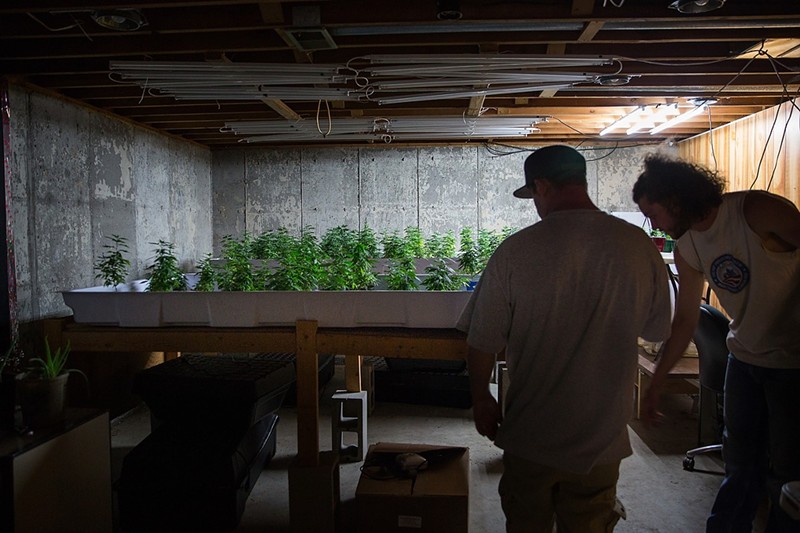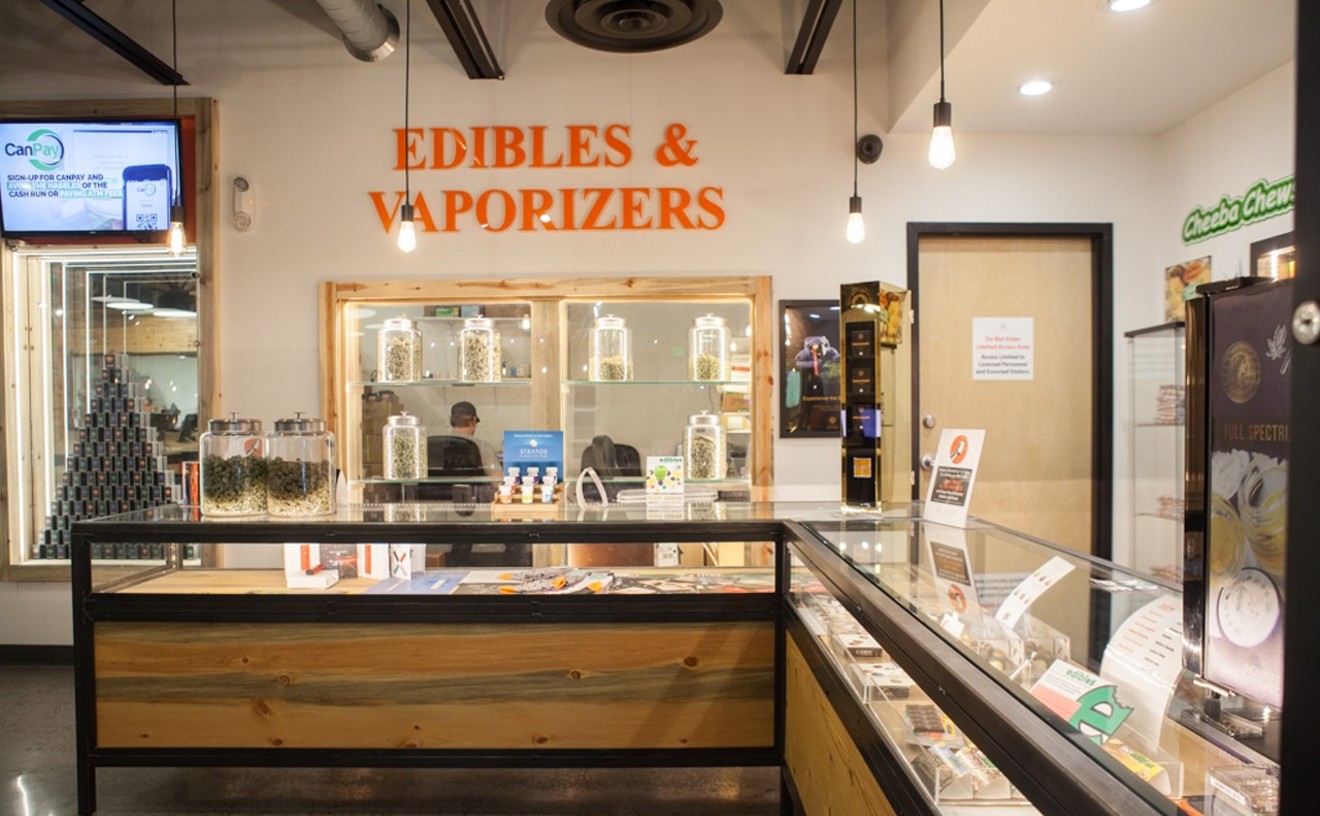A recent economic analysis of hemp farming in the United States shows that our honeymoon with the plant could be over, as nearly 70,000 tons of hemp biomass sat in warehouses and storage units at the end of 2020.
Cannabis consulting firm Whitney Economics surveyed over 8,000 hemp farmers across the country and compiled data from every state department of agriculture, and determined that 48 percent of American hemp farmers had leftover inventory last year. The average amount of extra hemp biomass per farm at the end of 2020 was about 24,795 pounds, according to the report. Including leftover hemp oil and processing materials, as well as hemp leftover from 2019, that adds up to an excess of 135 million pounds.
Hemp was federally approved for farming at the end of 2018, leading to a rush of entrepreneurs trying the crop in 2019. The fast influx of new farmers led to an over-supply in the market, however, and consumer demand, although growing, still hasn't caught up. Many of the farmers and hemp processors surveyed had leftover hemp biomass at the end 2019, the report notes, leading to decreasing wholesale hemp and hemp-derived CBD prices that still haven't rebounded.
Colorado wasn't immune to the declining market. As wholesale hemp prices fell in 2020, so did the number of registered hemp farmers in Colorado, going from 2,300 in 2019 to just over 2,000 last year, according to a national industry report from Hemp Industry Daily. In the same span, the Colorado Department of Agriculture reported a decrease of over 18,000 acres in registered space for hemp farming in the state. Governor Jared Polis has recognized the need for more hemp-processing facilities in recent remarks and public statements, but much of that progress depends on the role of the feds.
A fluctuating market isn't all that keeps hemp farmers up at night. The U.S. Department of Agriculture, still new to hemp regulation, hasn't finalized federal hemp farming rules yet, as farmers across the country argue against the Drug Enforcement Administration's involvement in THC potency testing as well as a requirement that any hemp that tests at over 0.3 percent THC be destroyed. Making matters more confusing, each state ag department can submit its own set of regulations for federal approval, or adopt the USDA's.
Colorado's rules, submitted by the state's Department of Agriculture and looser than federal suggestions, weren't initially accepted by the USDA, but the federal rulemaking process was extended into 2021 after congressional intervention last fall. The CDA is expected to reapply with the USDA in 2021.
“Confusion across jurisdictions is causing a regulatory quagmire, slowing down growth and suppressing investment, which is critical to building out a proper infrastructure that can support the rapidly growing industry,” says Whitney founder and chief economist Beau Whitney.
Although the USDA's interim rules were extended while the department continues finalizing permanent regulations, fear of the unknown likely affected farmers' decision-making last year, Whitney suggests, which could account for national acreage allotted for hemp farming falling more than 5 percent in 2020 from 2019. The shrinking amount of acreage could also be the start of a weeding-out process, as the CDA had noticed an uptick in inexperienced farmers more interested in hemp than agriculture after 2018. This is supported by the Whitney survey, which shows American hemp farmers have just 2.67 years of experience growing hemp on average.
Such challenges and a lack of capable hemp-processing facilities are more likely growing pains than a longstanding challenge, according to Whitney, who still believes in the future earning power of industrial hemp and CBD.
“Even with the collapse of pricing in the market, supply-chain issues and regulatory obstacles, cultivators and processors in 2020 still had faith in the hemp opportunity. Optimism remains high, even though there is more realism in terms of expectations," he explains. "For those with vision and resources, there is still significant opportunity for economic gains."
[
{
"name": "Air - MediumRectangle - Inline Content - Mobile Display Size",
"component": "12017618",
"insertPoint": "2",
"requiredCountToDisplay": "2"
},{
"name": "Editor Picks",
"component": "17242653",
"insertPoint": "4",
"requiredCountToDisplay": "1"
},{
"name": "Inline Links",
"component": "18838239",
"insertPoint": "8th",
"startingPoint": 8,
"requiredCountToDisplay": "7",
"maxInsertions": 25
},{
"name": "Air - MediumRectangle - Combo - Inline Content",
"component": "17261320",
"insertPoint": "8th",
"startingPoint": 8,
"requiredCountToDisplay": "7",
"maxInsertions": 25
},{
"name": "Inline Links",
"component": "18838239",
"insertPoint": "8th",
"startingPoint": 12,
"requiredCountToDisplay": "11",
"maxInsertions": 25
},{
"name": "Air - Leaderboard Tower - Combo - Inline Content",
"component": "17261321",
"insertPoint": "8th",
"startingPoint": 12,
"requiredCountToDisplay": "11",
"maxInsertions": 25
}
]












